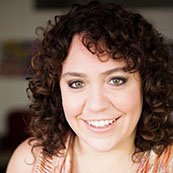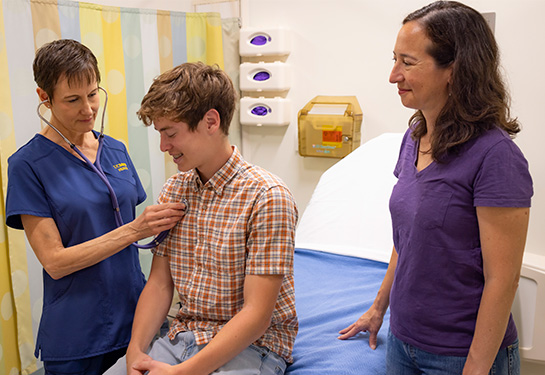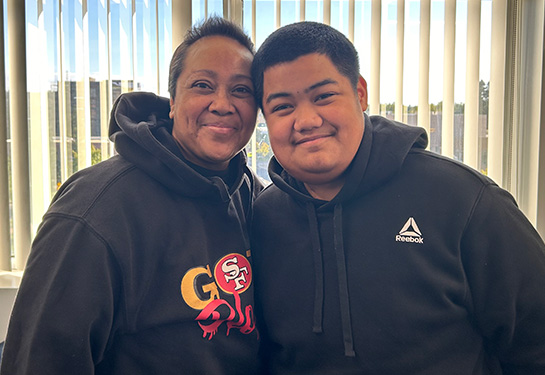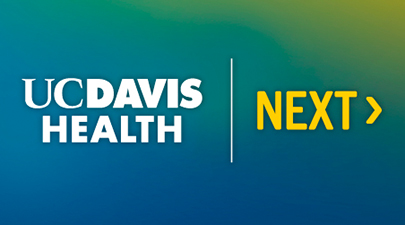Family medicine physician publishes in Annals of Family Medicine
UC Davis Health family physician Jennifer Karlin is calling on fellow primary care physicians to redefine the boundaries of medical interventions to include social determinants of health. She makes the request in a paper published today in the Annals of Family Medicine.
In “Sam’s Story: The Financial and Human Costs of Disjointed Logics of Care," Karlin documents the experiences of her former patient, Sam, who initially sought treatment for hepatitis C, but required additional social support for a substance abuse disorder and insecure housing.

Together, Karlin and Sam developed a care plan, with Sam’s assurances that he would not miss an appointment and would take his medications. Sam remained sober and kept all of his appointments with Karlin for a year. However, after he was hospitalized for endocarditis, requiring an aortic valve replacement, he had trouble finding housing. After spending time in a rehabilitation center, Sam was denied transitional housing because he was on medically assisted therapy for his substance abuse disorder. Sam later died from cardiac arrest.
Karlin describes the short-sighted decision to deny him housing due to his treatment for narcotics addiction as a defect in the social safety net, ultimately leading to Sam’s death. She highlights how the costs of life-saving treatments far outweigh the costs of procuring housing for Sam and argues that paying for housing first would have protected the retrospective costs of his medical care.
“Medical providers are given the authority to intervene in cases of life or death by providing direct medical services, but can do little about the majority of preventable deaths attributable to social determinants of health,” she said.
She concludes that redefining the boundaries of medical intervention to include structures that support patients’ social needs would not only prevent human and financial losses, it would address barriers to care faced by patients like Sam, who are considered among the most vulnerable.





